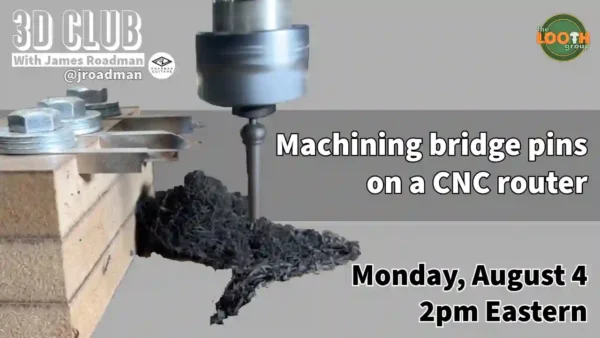We Are Unbelievably Sorry, But This Post Is For
Members
Want the full experience? Unlock all our premium content—including deep dives, exclusives, and more—by joining The Looth Group on Patreon.

If you have questions about membership, please email ian.davlin@gmail.com
Hidden in the Cracks
Related posts





Responses